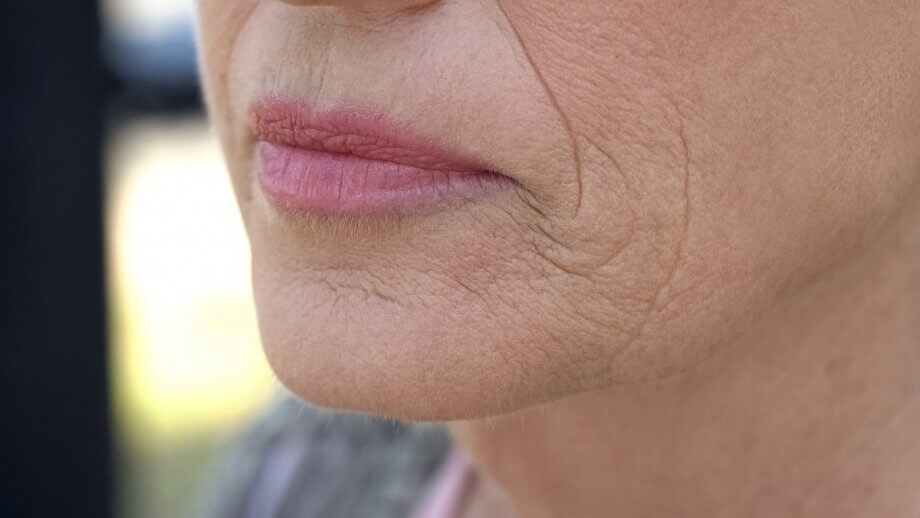Clinically, dry mouth is known as xerostomia. It happens as a result of not having enough saliva available to keep your mouth wet. It can be an uncomfortable condition, especially if left untreated. Here are some things to know about dry mouth and what you can do to alleviate any symptoms.
Many Causes of Dry Mouth
There are many different causes of dry mouth. Since each cause requires a different solution, you can’t use a one size fits all approach to treat dry mouth. Certain prescription and over the counter medications, including common decongestants and oral antihistamines, can cause dry mouth. It can also happen because of a medical condition, such as HIV, diabetes, Sjögren’s syndrome, cystic fibrosis, or Parkinson’s disease.
Symptoms of Dry Mouth
Xerostomia is called dry mouth because it causes your mouth to feel dry and uncomfortable. Typically, dry mouth doesn’t happen on its own. It is a symptom, not a disease itself.
If you experience dry mouth, some additional symptoms may include:
- Difficulty swallowing
- Sore throat
- Burning feeling
- Difficulty speaking
- Hoarseness
Link Between Dry Mouth and Tooth Decay
In terms of your oral health, saliva is incredibly important. Not having enough saliva can attract bad oral bacteria and limits the mineral-rich fluid that typically cleans and protects your teeth. This makes it possible for more plaque to form. This makes tooth decay more likely.
Your Dentist Can Help
If you experience dry mouth, it is important to schedule an appointment with your dentist. Your dentist can examine your teeth to see how dry mouth is impacting your dental health. They can help you figure out the cause of your dry mouth and to find the right combination of solutions to treat it.
Dry Mouth Treatments
In some cases, treating dry mouth is easy. If you have been taking an over the counter medication to manage cold symptoms, your dry mouth symptoms might go away soon after you discontinue use of the medication. Smoking is another common cause of dry mouth. If your dentist rules out the other causes of your dry mouth, he may encourage you to stop smoking to help resolve your dry mouth.
In the cases where stopping a medication isn’t an option, your dentist may recommend alternative medications, if possible. Radiation therapy for head and neck cancers also causes dry mouth. If this is the case, your dentist may recommend using a dry mouth gel or a toothpaste specifically designed to help alleviate the symptoms of dry mouth.
No matter the cause of your dry mouth, there are certain steps you can take to reduce dry mouth. This includes increasing the amount of water you drink each day, using a straw, or eliminating certain foods, such as sugar and caffeine, that are known to dry out your mouth.
Contact Us for Help with Dry Mouth
If you have dry mouth, contact us at 408-779-9335. We’ll determine the cause of your dry mouth and work with you to find a solution.
